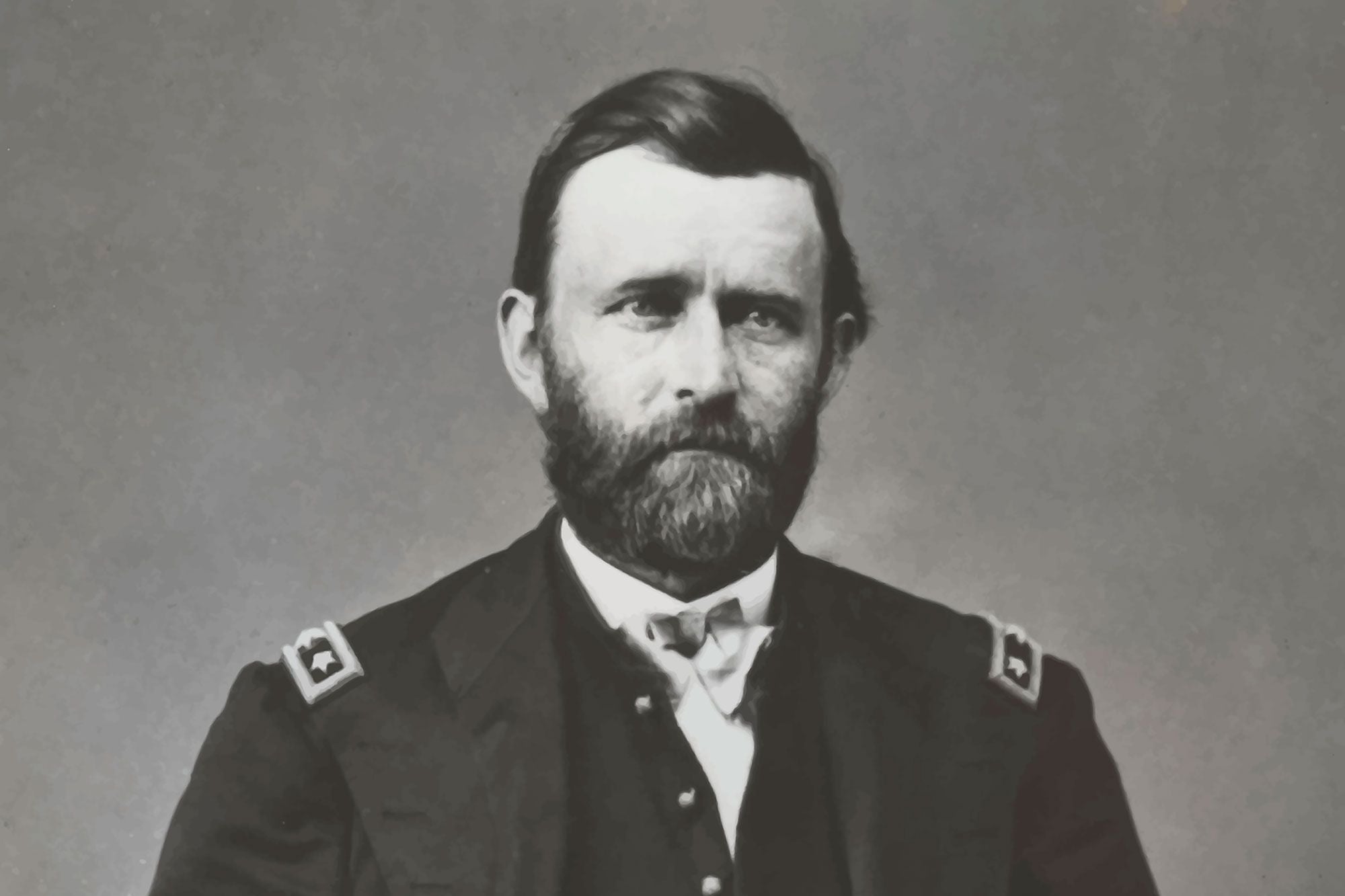How Did Ulysses S. Grant Make Life-and-Death Decisions? Very Quickly. Grant waited until he had all the available facts but not a minute longer.
By Gene Marks Edited by Dan Bova
Opinions expressed by Entrepreneur contributors are their own.

In December, 1863, General Ulysses. S. Grant had many big decision to make as he made his plans for the spring offensive against the Confederacy.
Grant, a West Point graduate and veteran of the Mexican American War, had been a clerk in a leather goods shop in Galena, Illinois, at the start of the Civil War just a little over two years before. By the summer of 1863 he was leading more than a million Union soldiers to crucial victories at Chattanooga and Vicksburg.
According to Ron Chernow's best-selling biography, Grant's main concern in the winter of 1863 was securing a reliable supply line for his armies. To do this meant making decisions concerning substantial investments that would impact the operations and lives of many. He did so quickly, regardless of the pressure he was under. When questioned whether or not he was sure he was correct about these fast choices, Grant said, "No I am not, but in war anything is better than indecision. We must decide. If I am wrong we shall soon find it out, and can do the other thing. But not to decide wastes both time and money and may ruin everything."
Grant was known as a man who knew his facts. "Every night he knew precisely where the enemy was, and what he was doing and what we were able to do and dare," a colonel under his command once said. But even with those facts, Grant's propensity to make quick decisions often resulted in mistakes. Big ones.
For example, his rashness was considered by many to be behind the needless "butchering" of tens of thousands of men to achieve his military objectives at the battles at Shiloh, "The Wilderness" and the very bloody defeat at Cold Harbor. His quick decision-making once resulted in an ill-advised anti-Semitic general order specifically forbidding Jewish merchants from trading near a battle zone. Grant later apologized for that. As President, his administration was accused of nepotism, corruption and mismanagement. Before the war Grant was notoriously unlucky in business, having flopped as both a real estate agent and farmer. After the war, Grant died penniless as a result of his ill-conceived financial investments.
Related: 10 Lessons from America's Greatest Military Leaders
But look at his life, and his achievements.
A man who quit the military in 1854 and forever battled alcoholism rose to General-in-Chief of the Armies of the United States and won the war that forever shaped the destiny of our country. After the war Grant served two terms as President and, historians now agree, significantly advanced the causes of civil rights and reconstruction.
But you don't accomplish anything of that scale without making hard decisions, hopefully as quick as possible. You act. You move forward. You make mistakes but standing still decreases your chances of success. Some business owners take a long time to make a decision. Others often fail to make any choices at all, instead saying "sometimes the best decision is no decision." Grant would not agree with that strategy. Neither do I.










